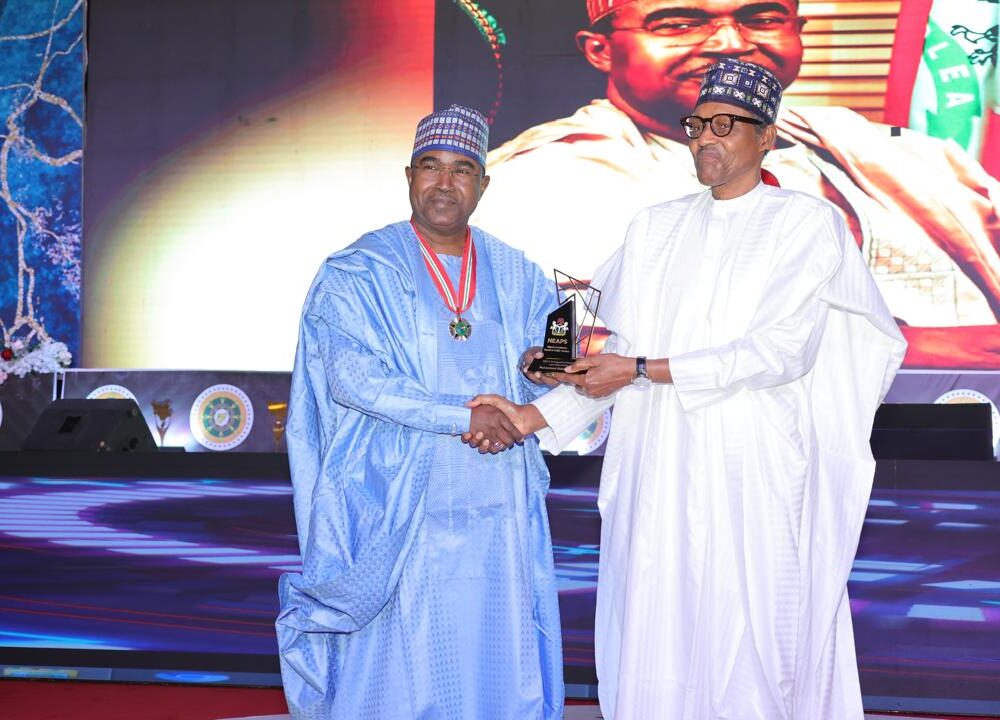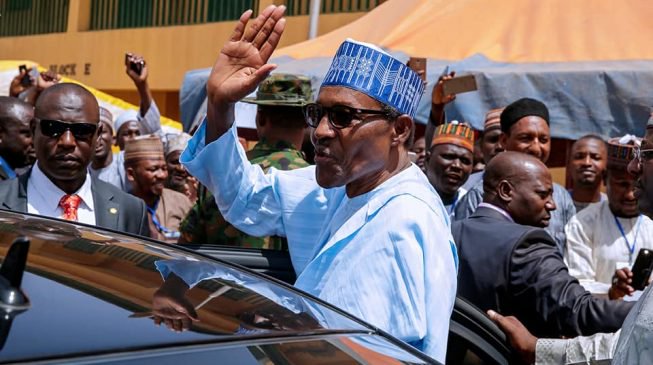This morning, Motunrayo Famuyiwa-Alaka of the Wole Soyinka Centre for Investigative Journalism; Juliana Francis of New Telegraph Newspapers; and Pauli Van Wyk of Daily Maverick Scorpio, held participants spellbound at the main auditorium of the Science Stadium at the Wits, in their revealing, candour-laced narratives focused on the global challenging environment in which women have to operate as investigative journalists.
Given her biological constitution, the woman journalist faces unfair practices in the workplace – practices that compel her to work harder to justify her competence and retention at the reportorial desk. In Nigeria as well as in other jurisdictions, females are underrepresented in the pen profession – an act that robs in the famous salutation of every journalist as GENTLEMAN OF THE PRESS.
The patriarchal idiosyncrasies inherent in that salutation seems to breed, nurture and sustain prejudices that run the entire gamut of activities in the world of journalism, including unfair leave and vacation practices, as well as differential benchmarking in the assessment of work done and career progression.
Pauli’s perspectives particularly underscored the international dimensions of the discriminatory practices against the womenfolks in journalism. She caused many to laugh loudly when she narrated how she protested the inclusion of the phrase “3-month annual leave without pay” in her engagement letter by a former employer. Pauli stated that she contested the inclusion of the phrase with a riposte declaring she had no plan to have children in the next 5 years and thus challenged the organisation to remove the phrase. Alternatively, she requested the statement should also be included in the engagement letter offered her colleagues who are men.
Perhaps, the issue of sexual harassment proved the universality of the supposed innate desire of men to be motivated by what they see. Indeed, many men may be struggling with taking lustful eyes and hands off females they have to interact with. The audience was rankled, yet amused first by Juliana and later by Pauli’s anecdotes in this regard. Juliana revealed how she had to end many years of news-sourcing relationship with a man who shocked her one day when he, despite knowledge of her joyous marital life, demanded for s_x instead of the gifts of articles she usually offered him in appreciation of his services.
Motunrayo however raised hopes in her presentation. As Juliana and Pauli underscored her message of hope in their presentations, Motunrayo believes every challenge is surmountable. As an illustration of a concrete action of redemption of prejudices against women, Motunrayo stated that the Wole Soyinka Centre for Investigative Journalism offers additional support to women attending training sessions organised by the Centre. One of such is providing creche services and/or ancillary support to nursing mothers for the duration of the training.
Conclusively, participants agreed that a combination of advocacy and collaborative actions, as well as principled resolve by individuals to stand up to prejudices, will come to the rescue of women investigative journalists facing genderised discriminations and uncivil conducts while on professional duty.








